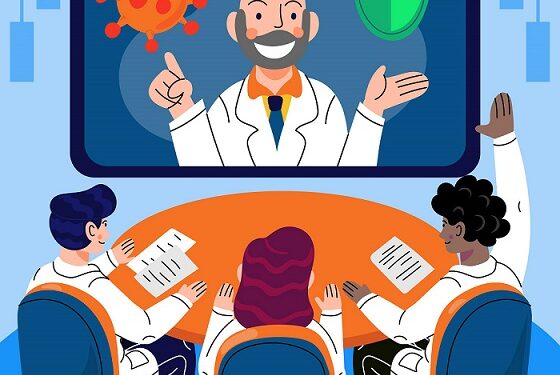AMSTERDAM – A new, highly effective cancer treatment developed by oncologists at the Netherlands Cancer Institute (NKI), known as the Antoni van Leeuwenhoek hospital, is facing a roadblock to widespread adoption due to what doctors are calling a “market failure” caused by the pharmaceutical industry. The treatment, which reverses the standard order of care to administer immunotherapy before surgery, has shown groundbreaking success in clinical trials but is being held back from the wider European market.
The central conflict revolves around the U.S. pharmaceutical company Bristol Myers Squibb (BMS), the manufacturer of the two key drugs used in the treatment: nivolumab (brand name Opdivo) and ipilimumab (brand name Yervoy).
Two Groundbreaking Studies Show Dramatic Results
The NKI’s approach has been validated through two major clinical trials, both published in the prestigious New England Journal of Medicine:
- For Colon Cancer: The NICHE-2 trial, led by oncologist Dr. Myriam Chalabi, targeted patients with locally advanced colon cancer. The study found that giving just four weeks of the immunotherapy combination before surgery led to a pathological response in 98% of patients, with 68% achieving a complete pathological response—meaning the tumor was entirely gone. This is a dramatic improvement over existing treatments, which can last up to a year.
- For Melanoma: The NADINA trial, led by oncologist Dr. Christian Blank, focused on patients with high-risk melanoma. This international, investigator-initiated study, which was partially funded by BMS, showed that patients who received the new neoadjuvant treatment before surgery had significantly better outcomes. After one year, 83.7% of these patients were tumor-free, compared to 57.2% of those who received the standard treatment after surgery. The cost of the new treatment is estimated to be €16,000, a fraction of the €68,000 price tag for the current standard of care.
The Financial Standoff
Despite these overwhelming results and the potential to save millions in healthcare costs, the treatments are not yet available to the general public. The reason, according to the doctors and a report in the Financieele Dagblad, is that BMS has been unwilling to file for European regulatory approval.
Dr. Chalabi explained to the newspaper that their method uses a shorter course of the drugs, which ultimately means the company would sell fewer medicines. The doctors argue that the company’s financial interests in selling year-long courses of treatment are preventing a more effective, cheaper, and less toxic therapy from reaching patients.
Following years of pressure, a BMS spokesperson recently stated that the company is “preparing” an application for authorization, though they have not provided a timeline. In the meantime, the Dutch government has granted an exemption allowing the NKI to offer the treatment nationally. The hospital is even exploring the possibility of producing generic versions of the drugs once the patents expire to circumvent what they describe as this “market failure.”








